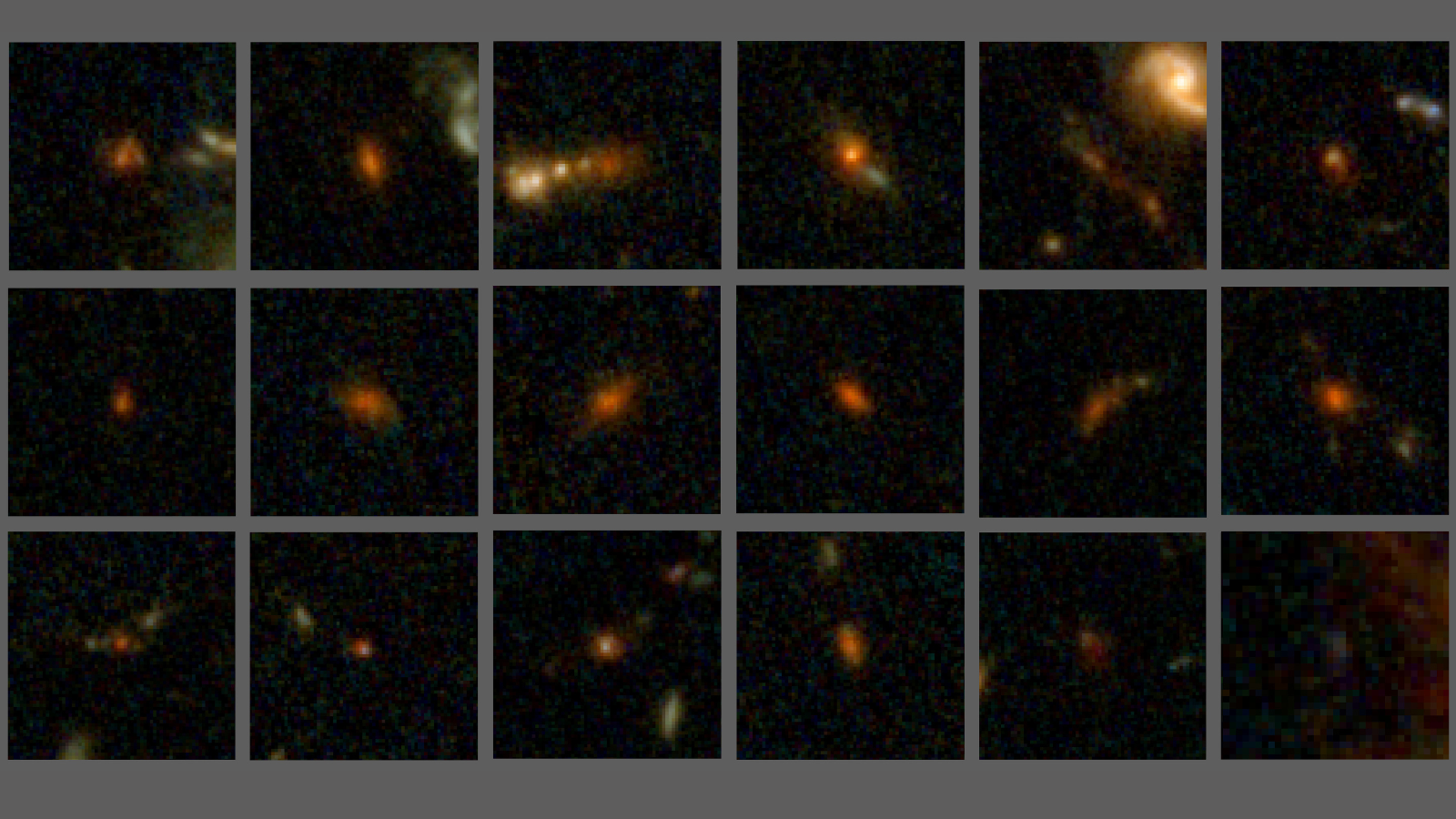U.S. Open to Ideas for Limiting Space Weapons
Breaking space news, the latest updates on rocket launches, skywatching events and more!
You are now subscribed
Your newsletter sign-up was successful
Want to add more newsletters?

Delivered daily
Daily Newsletter
Breaking space news, the latest updates on rocket launches, skywatching events and more!

Once a month
Watch This Space
Sign up to our monthly entertainment newsletter to keep up with all our coverage of the latest sci-fi and space movies, tv shows, games and books.

Once a week
Night Sky This Week
Discover this week's must-see night sky events, moon phases, and stunning astrophotos. Sign up for our skywatching newsletter and explore the universe with us!

Twice a month
Strange New Words
Space.com's Sci-Fi Reader's Club. Read a sci-fi short story every month and join a virtual community of fellow science fiction fans!
PARIS -The U.S. government on July 13 told the United Nations that the new U.S. space policy represents "a departure" from the previous doctrine insofar as the United States will now at least consider proposals to prevent an arms race in space.
Speaking to the U.N. Conference on Disarmament in Geneva, Frank A. Rose, deputy assistant secretary in the U.S. State Department's bureau of verification, compliance and implementation, said U.S. authorities will now view measures to control arms in space much as it does other arms control agreements.
The U.S. National Space Policy issued June 28 by the administration of President Barack Obama replaces the previous policy issued in 2006. The new policy appears to assign a higher priority to international collaboration, and indicates a willingness to discuss how an arms agreement might apply to systems in space or targeting space-based assets.
Rose confirmed the new policy should be viewed as "a departure from the 2006 policy" because U.S. authorities are now willing to "consider space-related arms control concepts and proposals that meet the criteria of equitability and effective verifiability, and which enhance the security of the United States and its allies. This approach is consistent — with the verification standards that the United States has applied to other arms control agreements."
Russia and China in 2008 submitted a joint draft treaty on arms control in space, but it was rejected by the United States as having too many loopholes to be of value, and lacking the means to verify that all spacefaring nations were respecting the treaty's terms. [Most destructive space weapon concepts.]
Rose gave no indication that the U.S. position with respect to the Russian-Chinese proposal has changed. But he assured conference delegates the United States would no longer oppose making space-related arms control a topic of debate at the Conference on Disarmament, so long as the discussions do not rise to the level of formal negotiations in view of a treaty.
U.S. policy, he said, remains one of preserving space as a commons to which all nations should have access for peaceful purposes. This policy, he said, "allows space to be used for national and homeland security activities," and also preserves the right of a nation to defend its space-based assets from space- or ground-based interference.
Breaking space news, the latest updates on rocket launches, skywatching events and more!
"We will continue to view the purposeful interference in space systems, including supporting infrastructure, as an infringement of a nation's rights, and act accordingly," Rose said.
Rose said the United States is adopting a more pro-active position in seeking international rules of the road to minimize space debris, and to consult on space situational awareness to prevent collisions in space.
The U.S. maintains the world's most sophisticated space-surveillance network of ground-based sensors but it has been unclear in the past how willing the U.S. Air Force, which operates the system, would be to share the information with the private sector and with other nations.
The satellite collision of an Iridium mobile communications craft with a retired Russian spacecraft in February 2009, creating a new debris field in low Earth orbit, has accelerated talks on collaboration on space surveillance. European government officials say they have noticed a more-open attitude on the part of U.S. government officials in U.S.-European talks about coordinating work on space surveillance, both for debris mitigation and for other purposes.
Europe has begun its own space-surveillance program. While still modest, it has given the United States an added incentive to discuss how a trans-Atlantic cooperative effort might be structured, according to European government officials.
Since late 2009, the U.S. Air Force Joint Space Operations Center, located at Vandenberg Air Force Base, Calif., has increased the number of operational satellites that it watches closely.
The new space policy "commits the United States to collaborate with industry and foreign nations to improve space object data bases," Rose said in his address. "The policy calls for collaboration on the dissemination of orbital tracking information, including predictions of potentially hazardous conjunctions between orbiting objects."
Space News, dedicated to covering all aspects of the space industry.
Peter B. de Selding is the co-founder and chief editor of SpaceIntelReport.com, a website dedicated to the latest space industry news and developments that launched in 2017. Prior to founding SpaceIntelReport, Peter spent 26 years as the Paris bureau chief for SpaceNews, an industry publication. At SpaceNews, Peter covered the commercial satellite, launch and international space market. He continues that work at SpaceIntelReport. You can follow Peter's latest project on Twitter at @pbdes.
